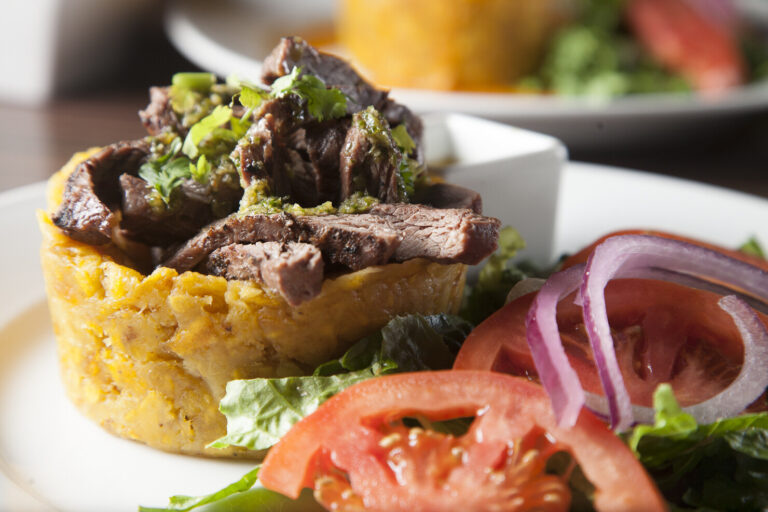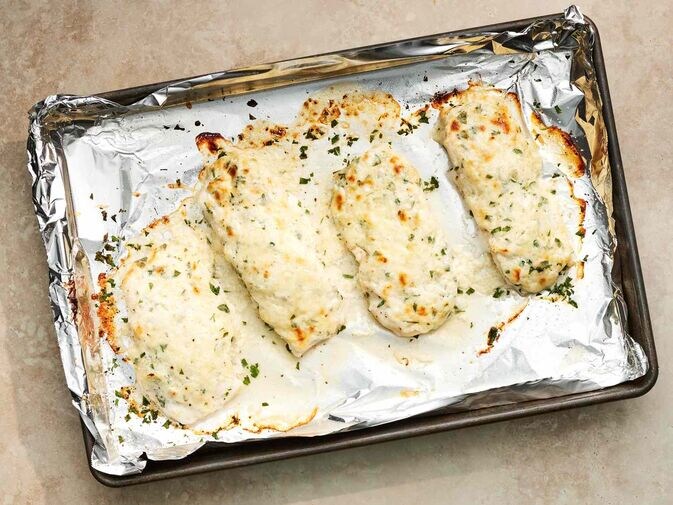Jerk cooking is a celebrated Caribbean culinary tradition, with roots deeply tied to Jamaican culture. It’s more than just a style of grilling—jerk cooking embodies a flavorful blend of history, spices, and techniques that give the dish its distinctive character.
At Sazon y Tumbao, we pride ourselves on our expertise in authentic Caribbean cuisine, focusing on BBQ that bursts with complex flavors. Through this guide about grilling techniques for authentic Jerk Chicken and Pork, will delve into everything you need to know about perfecting jerk chicken and pork, whether you’re a backyard griller or an enthusiast looking to elevate your skills.

Introduction to Island Grilling: What Makes Jerk Chicken and Pork Unique?
Jerk cooking is renowned for its fiery heat, deep aromatic spices, and tender meat that’s packed with flavor in every bite. What sets jerk apart is the meticulous blend of ingredients, the slow marination process, and the unique grilling techniques that infuse the meat with an intense smokiness. Originating in Jamaica, jerk cooking is now celebrated worldwide and revered for its bold, unforgettable taste.
The essence of jerk lies in its two key components: the seasoning and the grilling method. The traditional jerk seasoning features a combination of Scotch bonnet peppers, allspice, thyme, garlic, and ginger. When combined with a precise cooking technique—often using pimento wood and a charcoal grill—it creates a dish that’s rich in both flavor and history. But to master this cooking style, it’s essential to understand each element and how it contributes to the final dish.
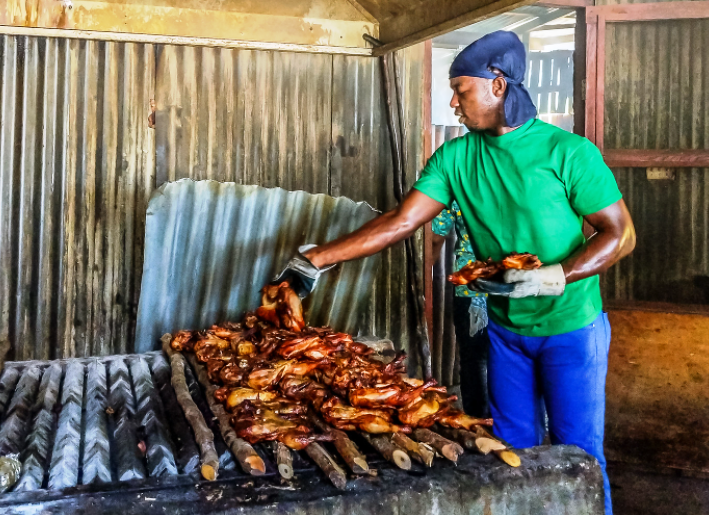
The History of Jerk Cooking: From Island Roots to Global Cuisine
Jerk cooking has a storied past, originating from the indigenous Taino people of Jamaica, who introduced pit cooking methods. The Maroons, escaped African slaves, further refined these techniques by integrating African spices and slow-cooking methods. Over centuries, jerk evolved into a revered method of cooking that is now synonymous with Jamaican culture.
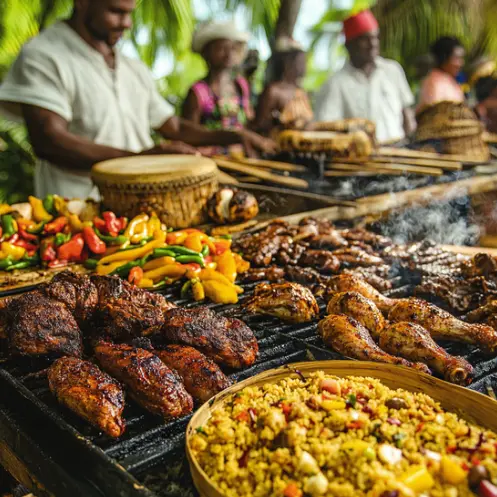
Essential Ingredients for Jerk Marinades: A Taste of the Caribbean
Creating authentic jerk requires a precise balance of spices and fresh herbs. Here are the key components:
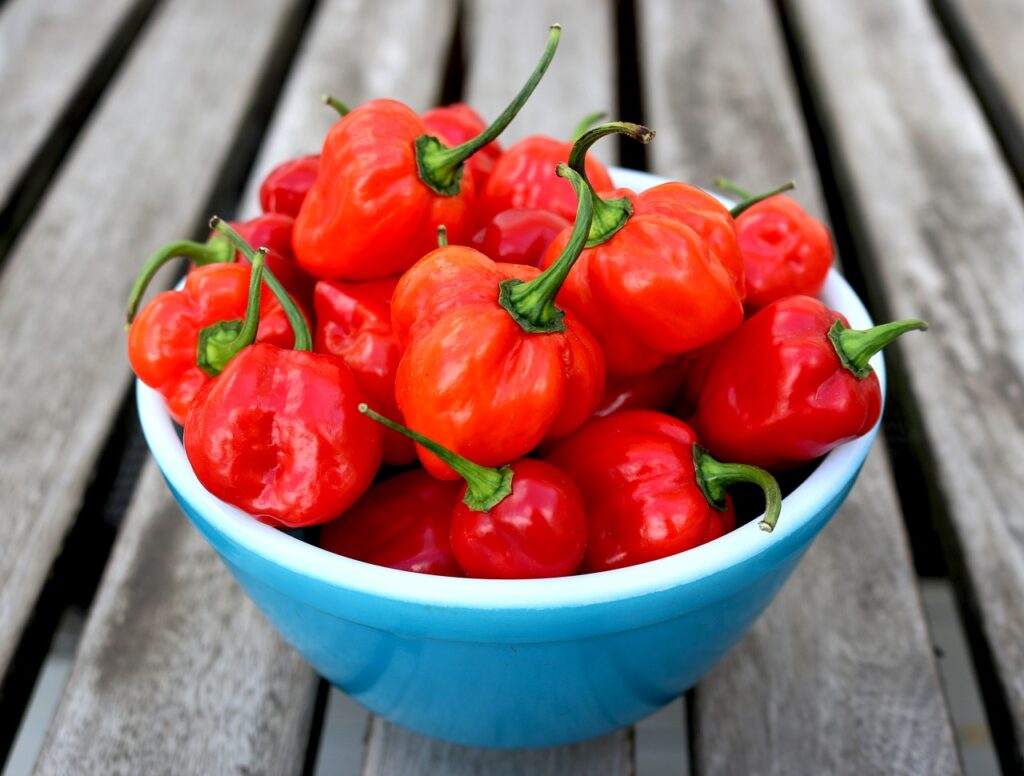

- Scotch Bonnet Peppers: The Spice Behind the Flavor Scotch bonnet peppers are known for their intense heat and fruity undertones, lending jerk its characteristic kick. These peppers are a must-have for authentic jerk seasoning.
- Allspice Berries: The Soul of Jamaican Jerk Also known as pimento, allspice berries provide a warm, earthy base with hints of clove, nutmeg, and cinnamon. It’s the core spice in jerk seasoning and plays a vital role in defining the dish’s signature aroma.
To master jerk cooking, it’s not just about the ingredients but also how you handle the grill. Traditional jerk cooking involves slow grilling over pimento wood, a method that enhances the meat’s flavor through a gradual infusion of smokiness.
Preparing Your Jerk Chicken and Pork for Grilling
Proper preparation is key to achieving juicy, flavorful jerk meat. From selecting the right cuts to marinating for optimal flavor penetration, every step matters.
Choosing the Right Cuts: Chicken Thighs, Breasts, and Pork Shoulder
Selecting the right cut of meat can make or break your jerk grilling experience.
- Best Chicken Cuts for Juicy Jerk Chicken For chicken, thighs and drumsticks are ideal due to their higher fat content, which keeps the meat moist during grilling.
- Ideal Pork Cuts for Maximum Flavor Absorption Pork shoulder, with its balance of fat and meat, is perfect for jerk grilling. The marbling helps absorb the intense flavors of the jerk marinade.
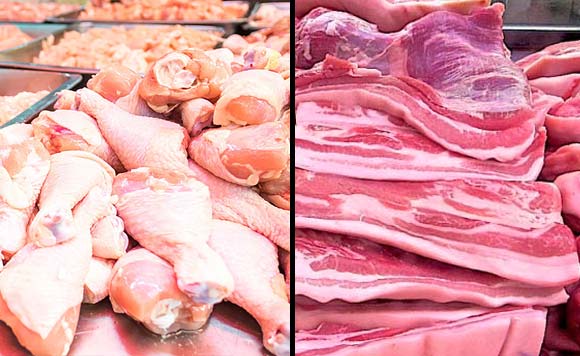
Marinating Tips: How to Infuse Meat with Bold Jerk Flavors
Marination is where the magic happens. Allowing the meat to soak in the seasoning not only tenderizes it but also infuses deep layers of flavor.
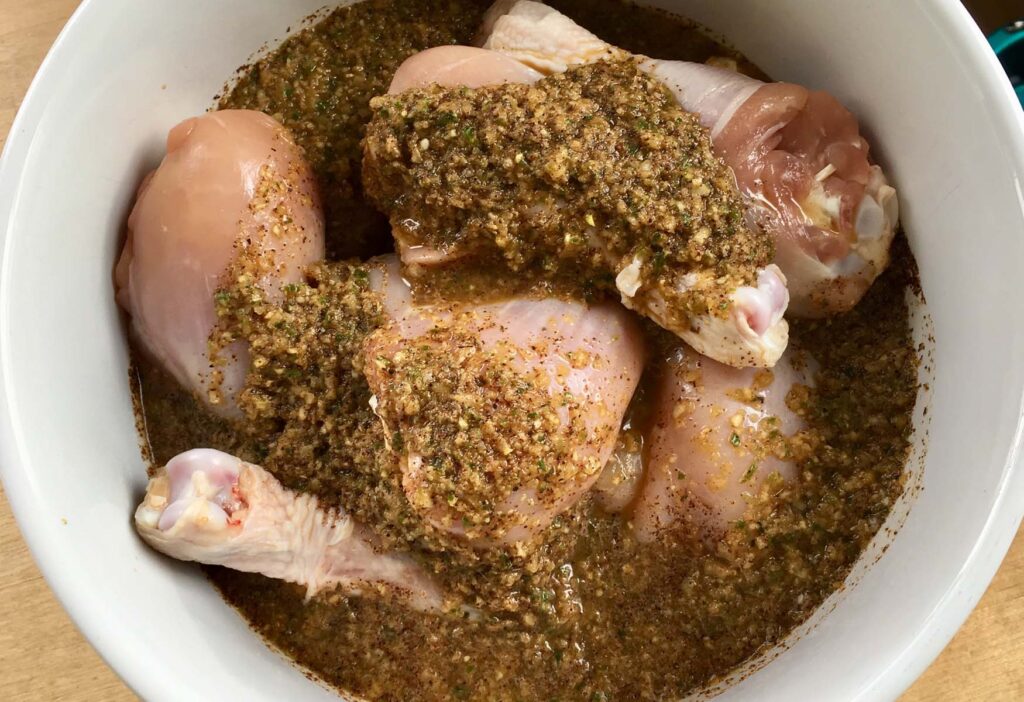
- Ideal Marinating Times for Chicken and Pork For chicken, marinate for at least 12 hours. For pork, 24 hours is recommended for optimal flavor absorption.
- Enhancing Flavor with Overnight Marinating Techniques Overnight marination enhances the blend of spices, making every bite of the grilled meat rich and flavorful.
Using Dry Rubs vs. Wet Marinades: When and Why
While wet marinades are traditional, dry rubs offer their own advantages, particularly for achieving a crispy exterior.
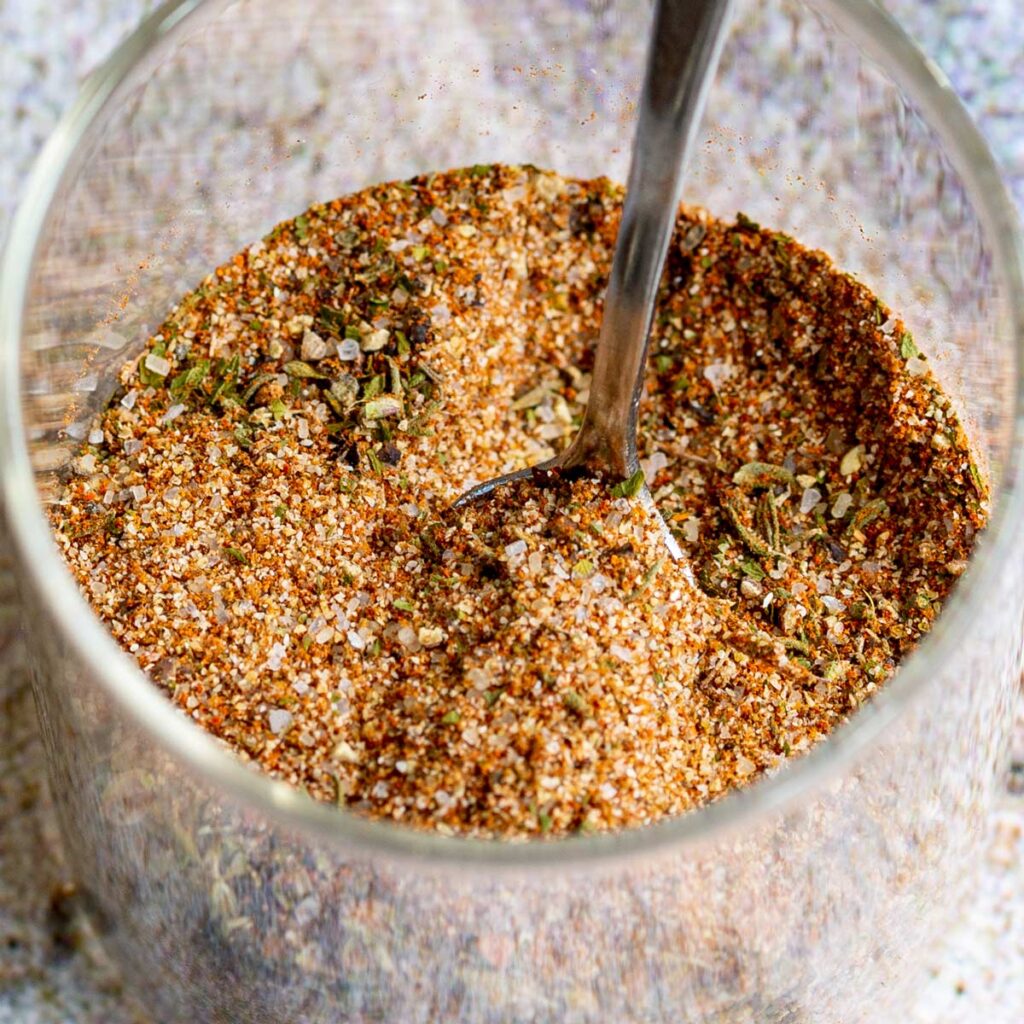
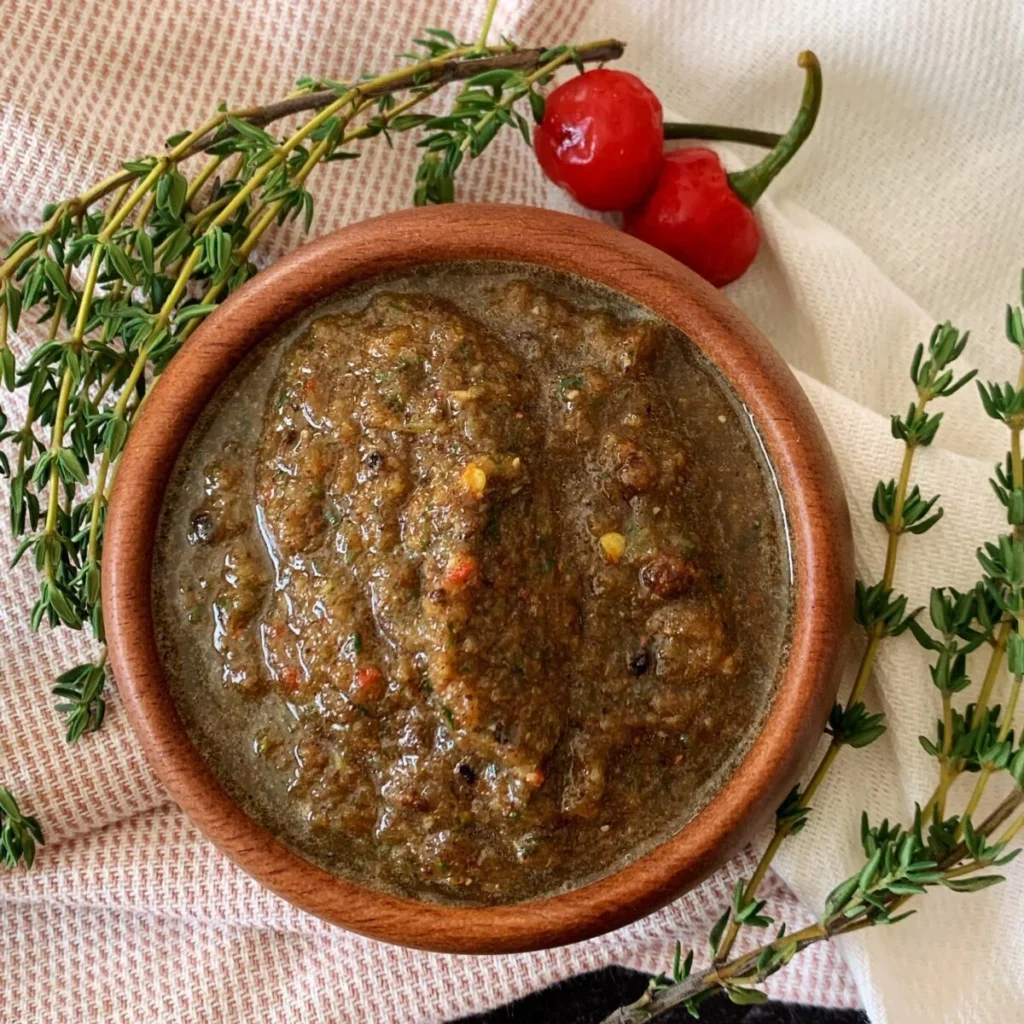
- Creating the Perfect Jerk Dry Rub Agood dry rub combines ground allspice, dried thyme, garlic powder, and Scotch bonnet pepper powder for a concentrated burst of flavor.
- Mixing a Classic Jerk Wet Marinade A wet marinade typically includes fresh herbs, chopped Scotch bonnet peppers, and a splash of citrus, which helps tenderize the meat while adding moisture.
Island Grilling Techniques: Mastering the Art of Jerk Cooking
Jerk cooking is as much about technique as it is about seasoning. Here’s how to set up your grill and master the essential grilling methods.
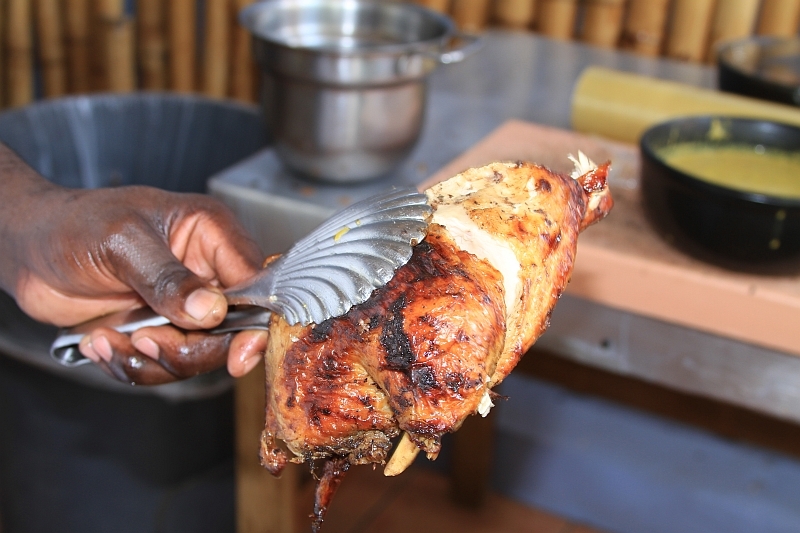
Setting Up Your Grill for Perfect Jerk Chicken and Pork
Proper grill setup is critical to achieving the signature jerk flavor and texture.
- Using a Charcoal Grill for Smoky Flavor Charcoal is essential for jerk grilling. It provides the heat and smokiness needed to replicate the traditional pimento wood method.
- Managing Heat Zones: Direct vs. Indirect Grilling Use indirect heat for larger cuts of meat to avoid burning the exterior while ensuring the inside cooks evenly.
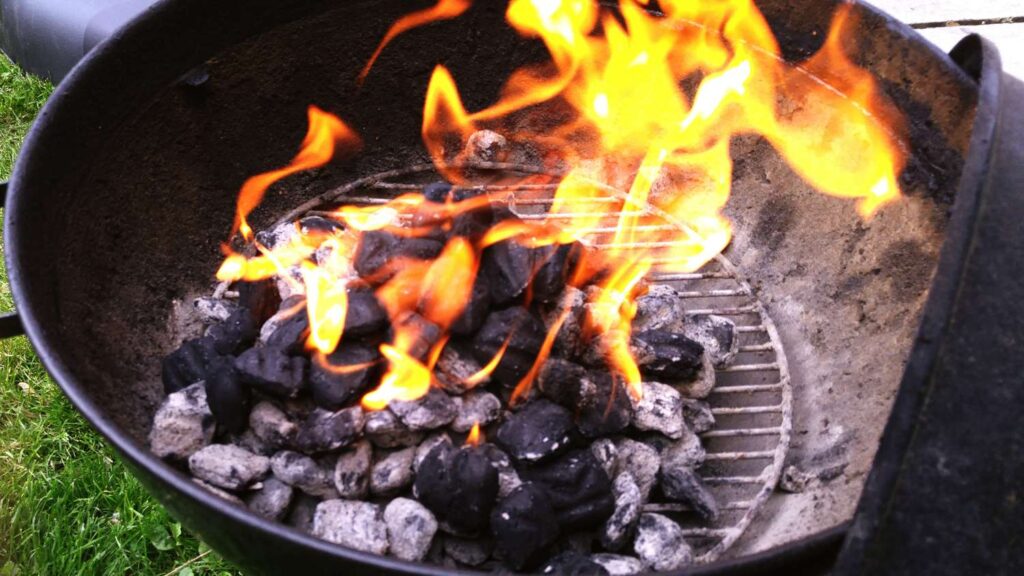
Smoking Techniques for Jerk: Using Pimento Wood and Alternative Methods
Pimento wood is the traditional choice for jerk cooking, adding a unique smokiness that elevates the dish.
- Why Pimento Wood is a Game-Changer for Authentic Jerk Pimento wood imparts a distinct smoky-sweet flavor that is hard to replicate with other woods.
- Substitutes for Pimento Wood: Best Alternatives for Home Cooks If pimento wood isn’t available, hickory or oak are suitable alternatives for achieving a similar smoky profile.
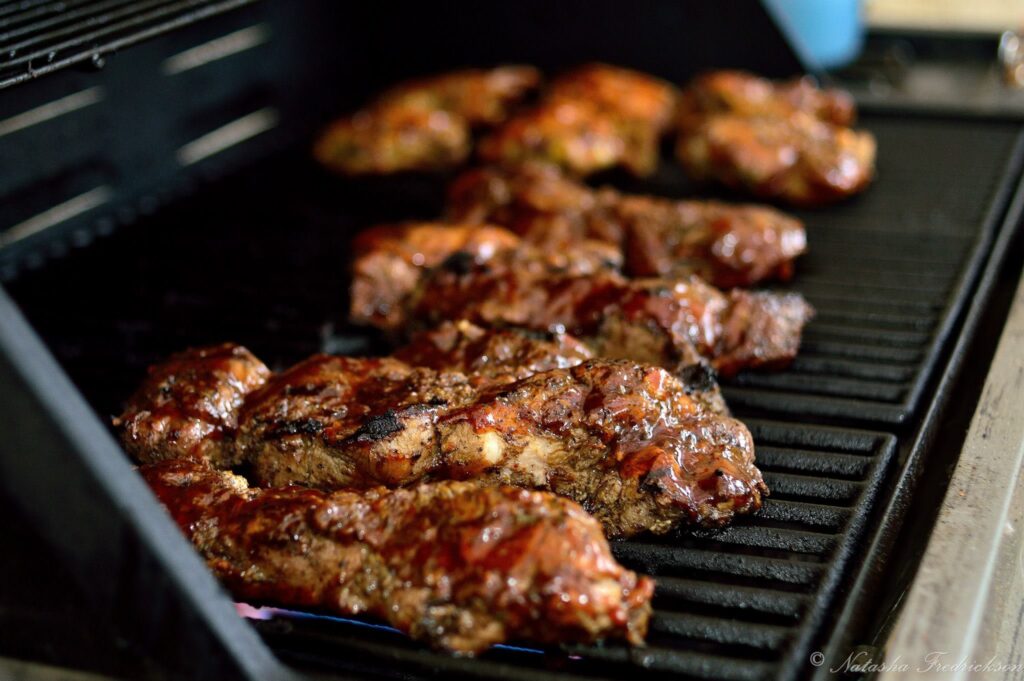
Achieving the Perfect Sear: Timing and Temperature Control
Searing locks in moisture and flavor, making your jerk meat juicy on the inside and slightly crispy on the outside.
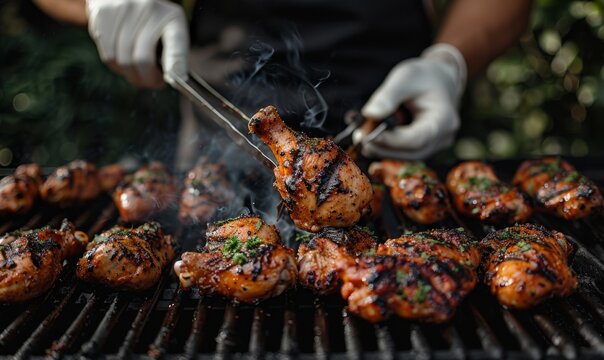
- Optimal Searing Techniques for Crispy Chicken Skin To get crispy skin, start with high heat and flip the chicken only once.
- Searing Pork to Lock in Juices For pork, sear each side over high heat for 2-3 minutes, then finish cooking over indirect heat.
Troubleshooting Common Jerk Grilling Mistakes
Even experienced cooks can encounter issues. Here’s how to fix the most common problems. If your chicken turns out dry, it’s likely due to overcooking. Use a meat thermometer to ensure it doesn’t exceed 165°F.
- Avoiding Burnt Marinade: Managing Sugar Content in Jerk Seasoning High sugar content can cause burning. To prevent this, cook over indirect heat and avoid using sugary sauces until the last few minutes.
- Keeping Pork Tender: Avoiding Overcooking and Underseasoning For tender pork, maintain a low grilling temperature and allow the meat to rest before slicing.
Serving Jerk Chicken and Pork: Perfect Pairings for a Caribbean Feast
No jerk meal is complete without the right sides and sauces. Pair your jerk chicken and pork with these traditional Caribbean dishes for an authentic experience.
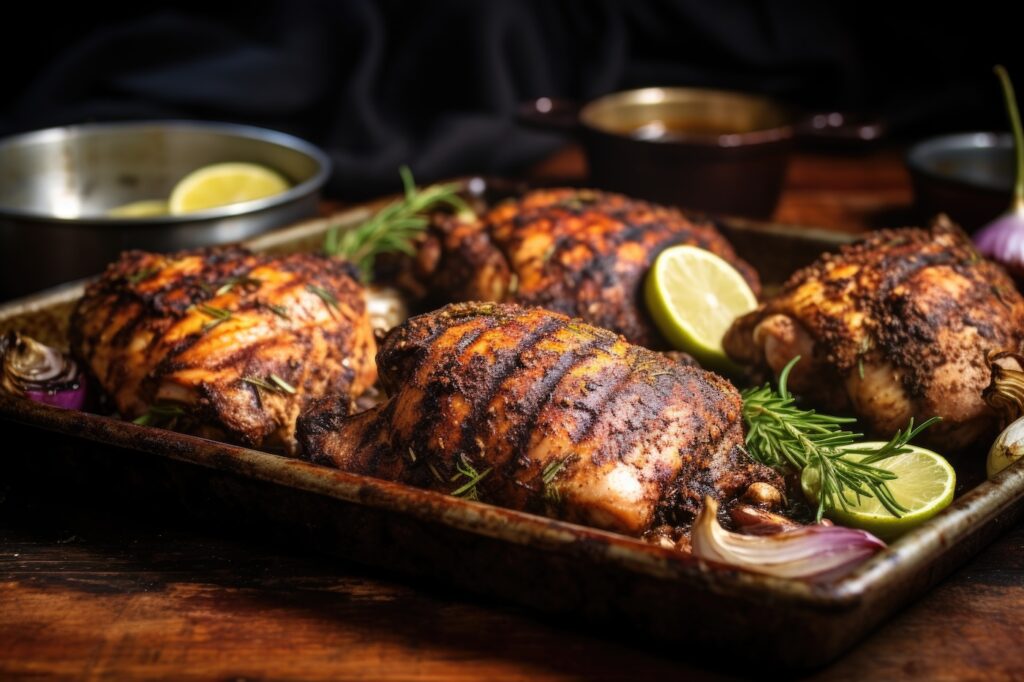
Traditional Sides for Jerk:
- Rice and peas: A classic combination of kidney beans, coconut milk, and thyme that pairs perfectly with jerk meat.
- Festival dumplings: Slightly sweet and crispy dumplings that balance the spiciness of jerk.
- Fried plantains: A sweet and savory side that adds texture and flavor to the meal.
Recipes:
- Rice and Peas: Cook kidney beans in coconut milk with thyme to create this authentic side dish.
- Festival Dumplings: These crispy, slightly sweet dumplings complement the heat of jerk dishes.
Complementary Sauces:
- Scotch bonnet salsa: A spicy salsa that adds a fiery kick to jerk meat.
- Tamarind glaze: A sweet and tangy glaze that enhances the flavor of jerk.
Sweet & Spicy Jerk Dipping Sauce:
- Made with Scotch bonnet peppers, honey, and vinegar, this dipping sauce offers the perfect blend of sweet and heat.
Tangy Sauces:
- Tamarind sauce: A sweet-tart sauce that pairs beautifully with spicy jerk.
- Pineapple sauce: Adds a tropical, tangy twist to the meal.
Advanced Island Grilling Techniques for the Enthusiast
Ready to take your jerk cooking to the next level? Try these advanced techniques.

Smoking Jerk Chicken and Pork:
- Experiment with different woods: Mix various wood combinations like pimento with cherry or apple wood to create unique smoke profiles.
Creating Complex Flavors with Multi-Wood Smoking:
- Try mixing pimento with cherry or apple wood to develop a more complex, layered flavor.
Experimenting with Spices for a Unique Jerk Profile:
- Add ingredients like star anise or nutmeg to personalize your jerk seasoning and make it stand out.
Caribbean Grilling Beyond Jerk: Explore these alternative island BBQ styles for more Caribbean grilling options:
- Trinidadian BBQ Techniques: Bold spices and citrus-based marinades are key to this flavorful style of BBQ.
- Cuban Mojo Marinated Pork: This alternative to jerk features a citrus and garlic marinade for a vibrant, tangy flavor.

Frequently Asked Questions about Jerk Grilling
Disclosure: Our blog contains affiliate links to products. We may receive a commission for purchases made through these links. However, this does not impact our reviews and comparisons. We try our best to keep things fair and balanced, in order to help you make the best choice for you.




